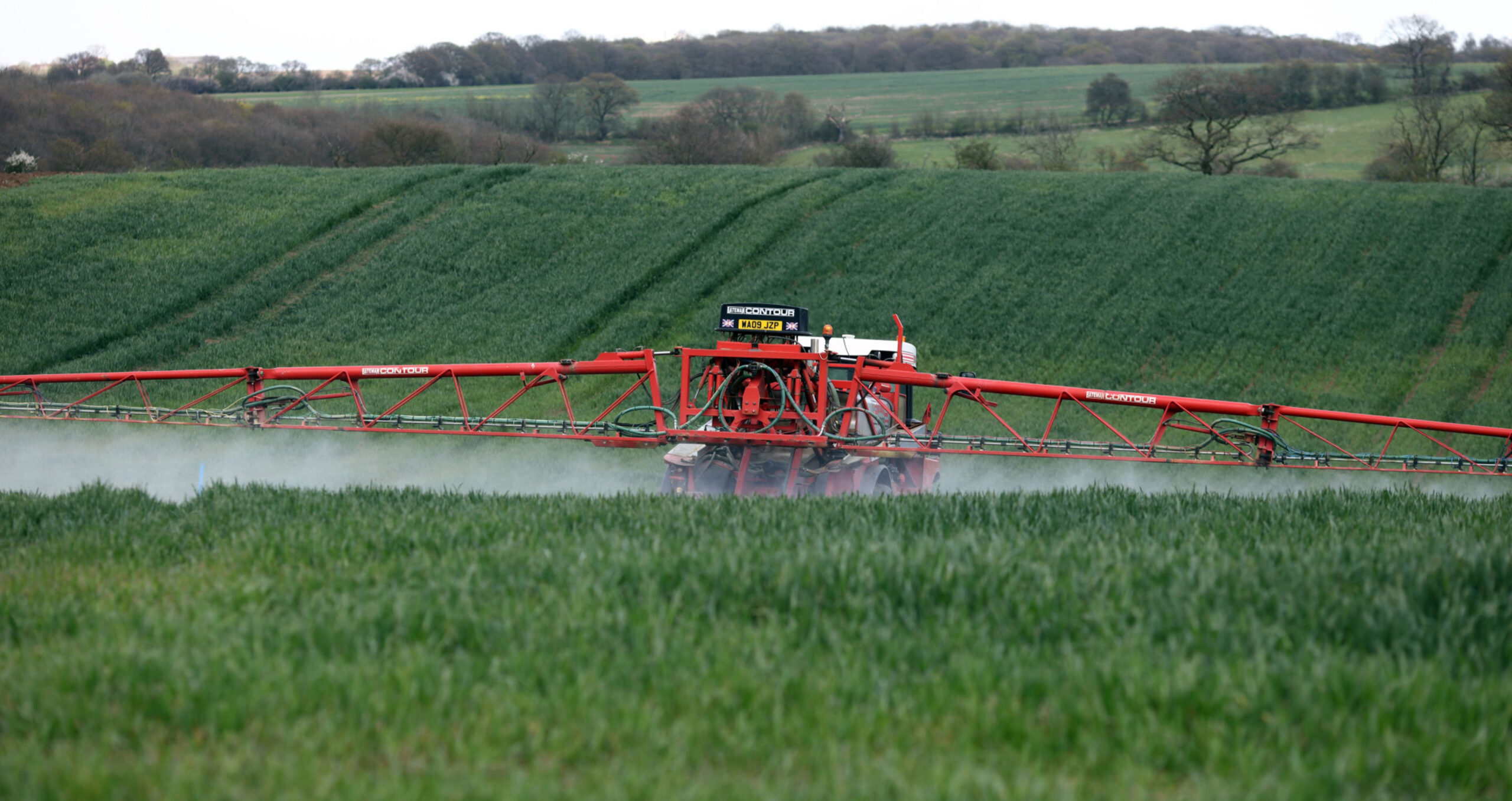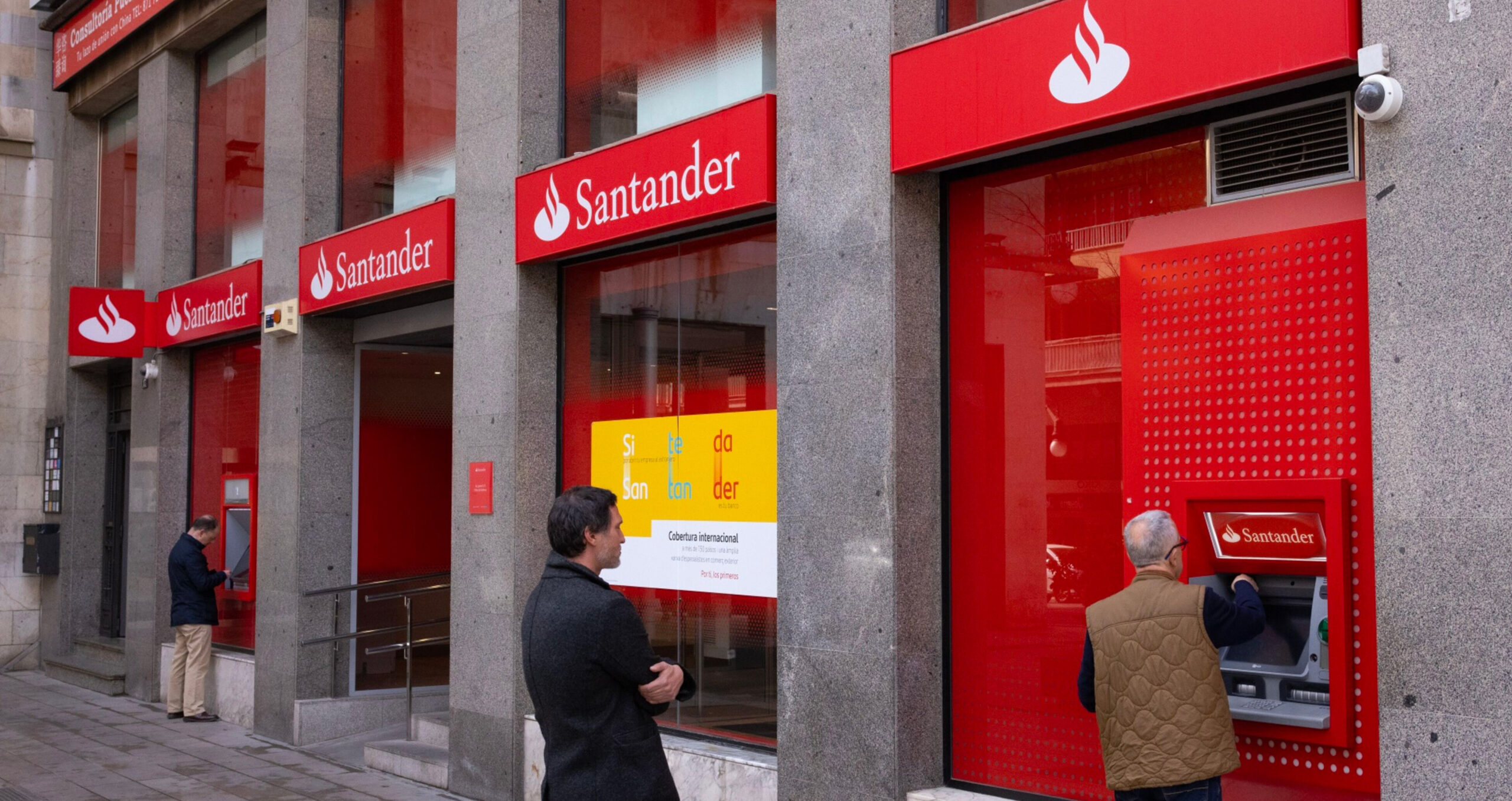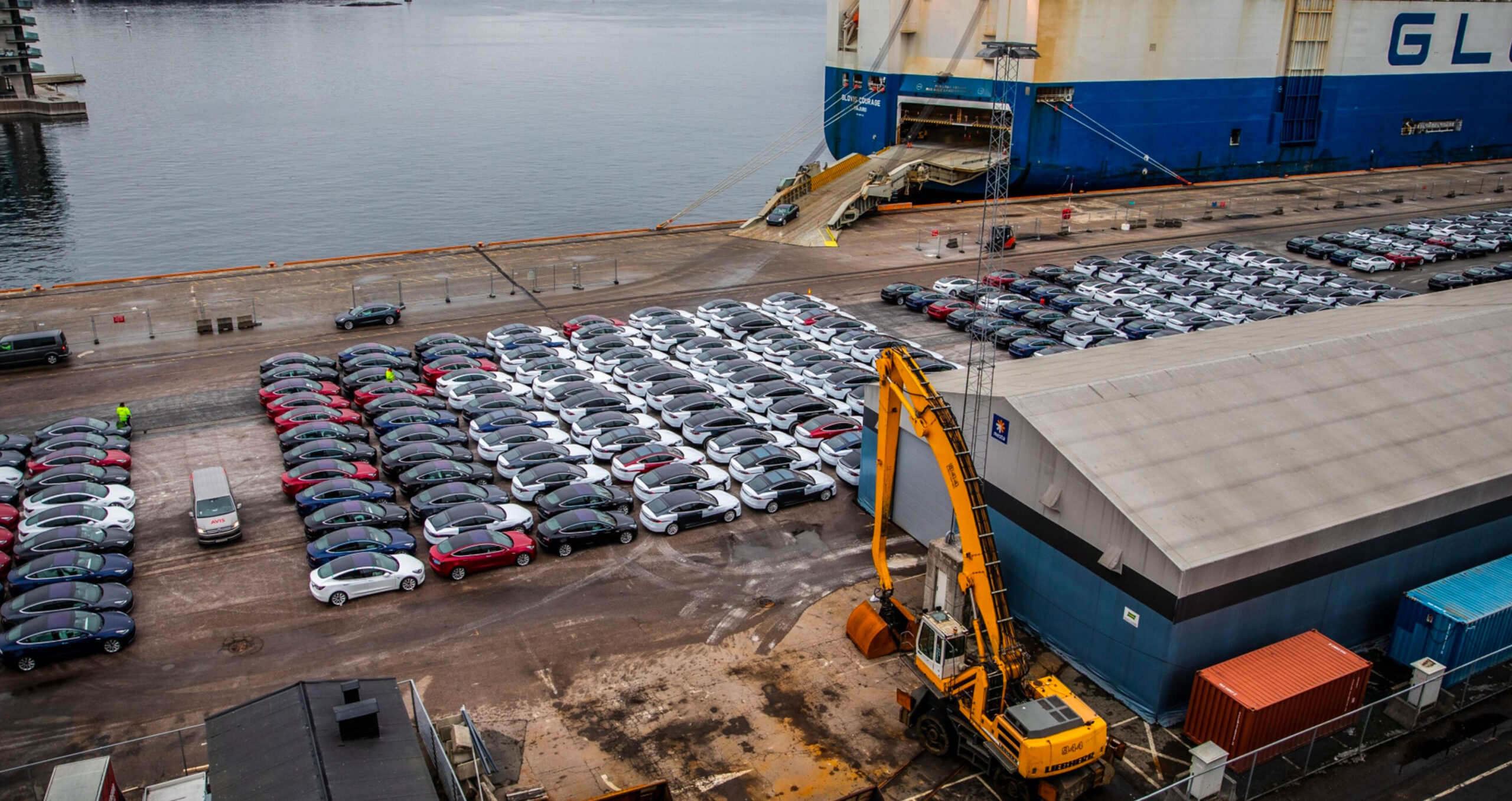
Poor data is stalling UK agriculture’s net zero drive, report warns

A government-commissioned study has called for better access to information and warns about a lack of guidance for farmers.
A group commissioned by the Department for Environment, Food and Rural Affairs and led by the Green Finance Institute has issued a roadmap for the UK government to attract investment in activities that will accelerate the transition to “a low-emission and nature-positive” agriculture sector, which the group estimates will be responsible for nearly a third of net greenhouse gas emissions by 2030.
Among the key obstacles identified in the “Financing a farming transition” report, published on March 28, are poor access to information and a lack of guidance from the government.
The government previously laid out in its “Environmental improvement plan 2023” numerous targets, such as 60 per cent of England’s soils being sustainably managed by 2030.
Through workshops and interviews with more than 75 stakeholders, the report has identified key barriers that are preventing private sector finance from moving at scale and therefore preventing the sector from achieving its sustainability aims.
It found that farmers, land managers and other stakeholders in the agricultural space do not have “easy access to important data sets required for decision-making”, and that it is also not clear from the government’s environmental plans what data should be collected. Coupled with this is a wariness among members of the farming community that the transition will be “measurable and transparent”.
Four enablers to boost the transition
The report outlined four actions the government should take to boost this transition, namely: improving environmental and spatial data access and availability through the use of a common platform; setting priority environmental outcomes metrics; clarity and guidance on high-integrity environmental markets, including on the tax treatment of different services; and additional funding to encourage small farmers to create so-called aggregation models, where they come together to commercialise products and secure better access to services, including finance.
“Cross-sectoral collaboration and open discussions will be essential in ensuring these enablers – and the flow of finance towards the farming transition at scale they are intended to unlock – are delivered,” it continued.
Green Finance Institute chief executive Rhian-Mari Thomas said: “The enablers set out in this report create an opportunity to deliver the conditions needed to rapidly secure this investment for the first time.”
The report noted that private sector finance can be mobilised in several ways: banks, which are looking at providing loans to farmers; certain supermarkets, manufacturers and food and beverage companies that are looking to help farmers with their supply chains; and ecosystem services investors, which are seeking to pay farmers for carbon improvements, habitat creation, and restoration and flood risk reduction, among others.
The UK has a net zero target by 2050. The agriculture sector accounts for roughly 11 per cent of net greenhouse gas emissions in the country, according to government estimates – a share that is set to rise to 30 per cent by 2030, according to the report.
Defra minister Richard Benyon said that as the transition gets under way, the government “will continue to work with farmers and partners across the private sector to support investment in nature-friendly and productive farm businesses”.
Similar Articles

Banks under pressure to reveal data comparing green and fossil fuel spending

With better planning and investment, EV uptake could offer storage and grid flexibility


